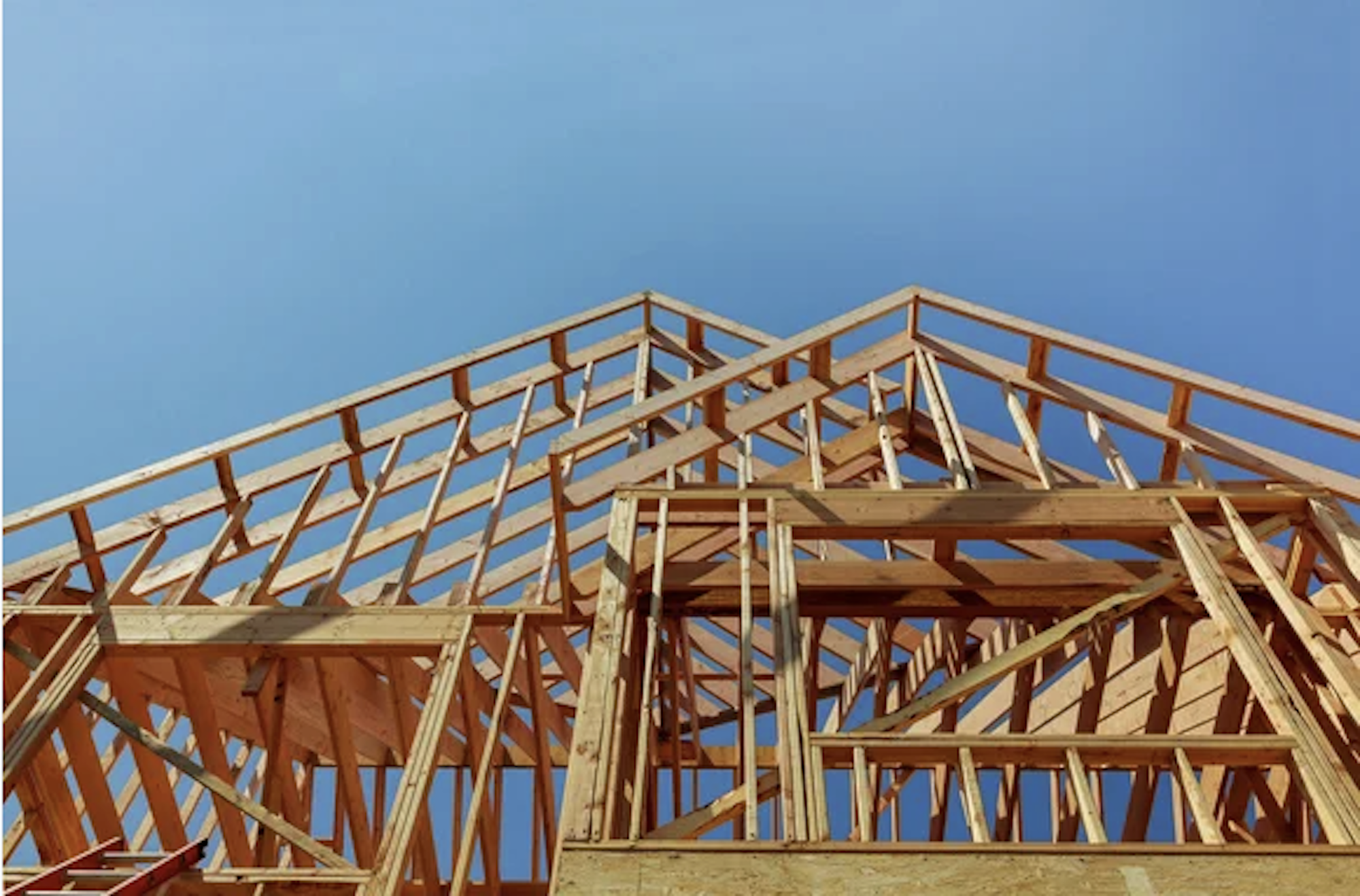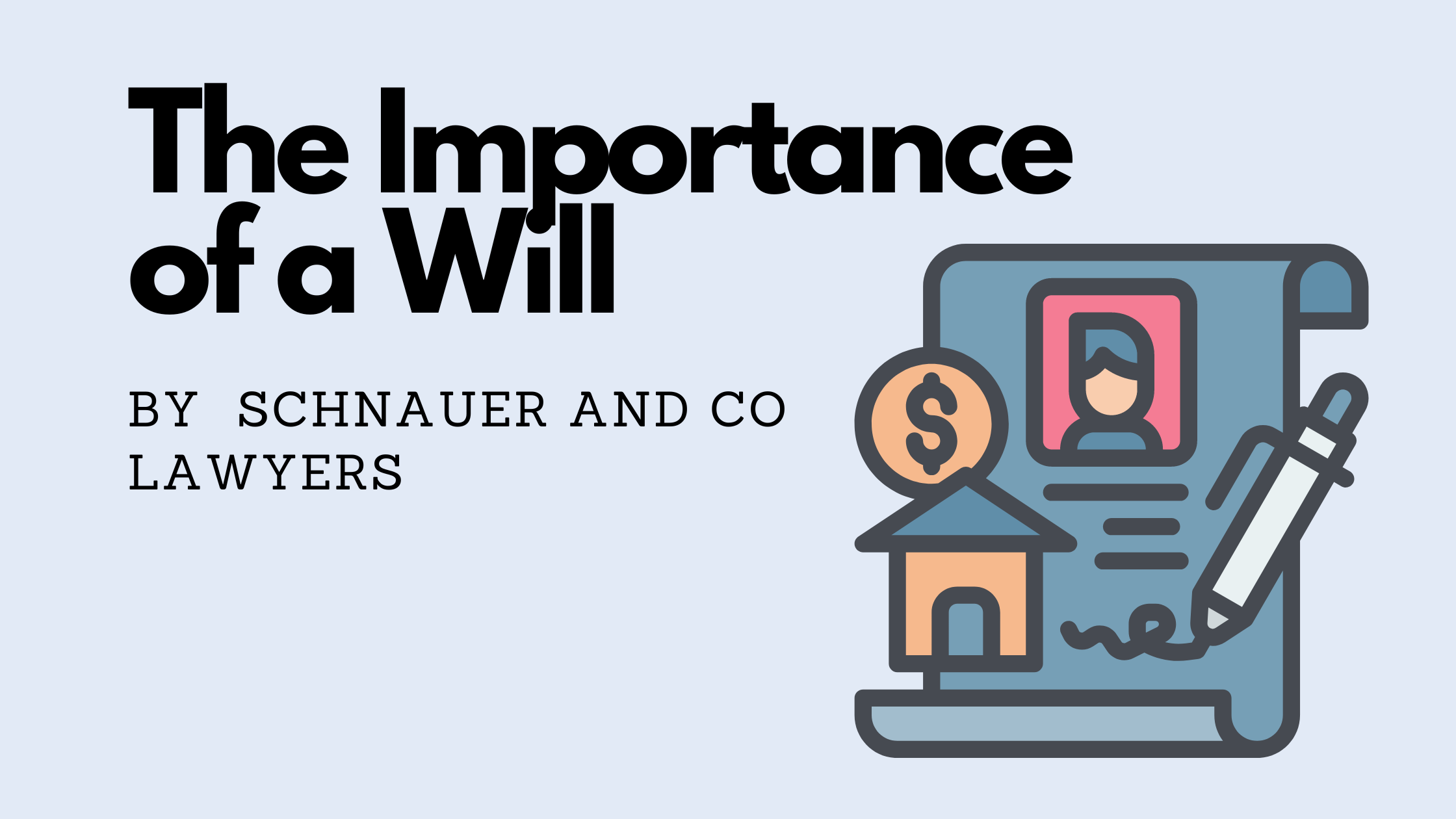The main risks of buying off the plans

 Schnauer and Co. are a North Shore-based law firm that has developed its legal expertise to encompass nearly every area of the law – so they can walk alongside their clients throughout their lifetimes, and those of their families. They combine the experience of their more than 30-year history and expert team with a lateral thinking, flexible approach to problem-solving.
Schnauer and Co. are a North Shore-based law firm that has developed its legal expertise to encompass nearly every area of the law – so they can walk alongside their clients throughout their lifetimes, and those of their families. They combine the experience of their more than 30-year history and expert team with a lateral thinking, flexible approach to problem-solving.
In partnering with The First Home Buyers Club, Schnauer and Co. have expressed a commitment to helping educate and advise first home buyers through the process of buying their first home.
You can take advantage of Schnauer and Co.'s First Home Buyers' Member Offer here.
Why first home buyers are interested in buying off the plans
As addressed in our previous article that provides information about “5 creatives ways to get into your first home” considering LVR changes, buying a new build requires greater due diligence. When we refer to “buying off the plans” that is basically a turn-key home which is simply a finished home that is ready to move into and these are usually fixed price and not up for negotiation (depending on the sales target).
Turn-key contracts, don’t generally allow for much customisation beyond minor variations such as colours and interior finishes. You are buying the package and the burden is on a developer to deal with the Council (sometimes to settle the head title with the current registered owner before this) and meet their other vendor conditions but there are always clauses in the contract to give them a way out and allow them to make certain decisions at their own discretion (without consulting you).
However, many first home buyers find it easier to obtain lending when buying off the plans rather than purchasing land and entering into a build contract. By buying off the plan, before construction has been completed, it gives you that opportunity to get a brand new property, built with the latest building code and with a fixed price but that does not come without risks and potential complications.
New apartments and houses are generally built to a much higher standard due to the improvements to the Building code in relation to moisture, thermal and acoustic ratings and it may be more energy-efficient and include modern appliances. The idea of not having to spend money on rectifying issues that come with owning an existing property, is appealing. Also you are generally covered by warranties (10 years depending on the issue) by the developer under the Building Act regardless if they provide you with warranty paperwork on settlement. There can be good gains to be made with buying off the plans. Say if you are only paying 10% deposit upon signing and the rest is due once the project is finished/settlement has occurred, you have that extra time to save funds. During this time, it is possible that house prices may have surged and that you end up paying below-market-value for the property.
We have previously addressed the advantage of buying off the plans, as the LVR changes do not affect new builds. Many first home buyers have reassessed their medium term vision and are now considering units, townhouses or apartments (also considering the different caps for grants for new builds). Then there is the further advantage, if you are lucky enough to be able to stay with family during the time your new build is being built.
The difference between a Land and Build Contract
In this arrangement, you would buy the land at the very beginning of the build, and enter into a construction contract with the builder to build the house on your land. You would need to make progress payments (from your construction loan or progress payment loan) to the builder at specific times until the home is completed. The upside of this arrangement is that usually there is lower construction costs as the builder is not financing the cost of the land during the build, and you would have full ownership of the land from the beginning. The obvious downside is that you are having to make progress payments and obtaining lending approval may be more challenging. Banks tend to prefer turn-key contracts. Also the process can be quite time consuming to project manage and deal with various contractors/tradesmen.
The cons of buying off the plans
There is a risk that the property market could decline during the build period so that when you take possession of your property, you are paying above current market value.
Many buyers will ask about the possibility of their deposit being lost through financial mismanagement by the developer but deposits are usually held in interest-bearing solicitor’s trust accounts on terms agreed between the parties. However, losing your deposit is a risk if you try to exit a contract when you are legally bound to settle, without using a valid option to exit the contract (e.g. if you were unable to get finance prior to settlement).
There is the matter of soaring construction prices and the issues that can come with entering into contracts and that means there is a need for greater scrutiny for added protection. Good legal advice will help avoid the risk of undesirable clauses often seen in these types of contracts or at least help you fully understand the risks if you decide to proceed.
Developers have been known to add exit clauses to contracts that may allow them to sell the property to another party, if the additional costs are not agreed to down the track. These clauses are there to protect their interests but it’s your lawyer’s job to help protect yours and allow you to make a fully informed decision once you understand the risks.
Depending on the purchaser conditions you inserted into a contract before you sought advice, we can try and negotiate more desirable terms for you but the developer may either decline or their solicitor may come up with a compromise and you will need to decide how you wish to proceed based on the known risks involved. Often first home buyers will ask us for suitable solicitor approval and due diligence conditions before they sign a contract, so they know that they have secured a property conditionally before really involving lawyers and this is acceptable, if the correct clauses are used.
What to look out for before entering into a contract and the risks
Undertake due diligence on the developer
What is their reputation like? Have there been articles in the media in relation to this particular developer often backing out of contracts or using delay tactics to avoid the contract (not making reasonable effort to satisfy vendor conditions)? What is the quality of their contractors’ work like in past projects and are they known to complete projects on time? Obviously covid lockdowns and restrictions have caused issues in relation to Council approvals and delivery of building materials in the last two years but it is really important to ask these questions. You can do research online, ask friends and family (especially anyone that is in construction, law or mortgage broking) and reach out to fellow first home buyers on forums where they discuss their experiences with buying off the plans. Depending on what stage the development is at, if construction has started, we suggest you regularly drive by and check progress. It is crucial that you investigate how long past projects took to build and look into any reported contractual problems or issues that point to mismanagement by the developer to provide you with better insight.
What stage is the development at?
We always suggest that you avoid entering into contracts where the development is at the very early stages. If you decide to “take the risk” then you need to consider the consequences and the fact that there can be no guarantee that the plan you see, will be the final product plan and depending on the conditions, that you will actually end up buying that property as the developer may exit the contract with no option of recourse by you.
The developer may offer you options to continue with a price increase or accept the property based on new plans where you are, for example, missing a carpark or something that was quite crucial to you. Before accepting any proposal in relation to changes, you would then need to ensure that your lender is still willing to offer you the required lending based on the changes made (whether it is a smaller house or more lending is required due to a price increase).
Also, you would need to consider if that price increase, now means that you cannot obtain say a First Home Buyer’s Grant that you may have been relying on (due to the housing caps). In saying that, the value of the home in the current market may have significantly increased if there was a long time between entering into the contract and the stage that this variation was requested – so lending may not be a problem.
Force Majeure clause
A force majeure clause allows relief to certain parties, if events outside that parties control prevent them from fulfilling their obligations under the contract. Post Covid, these clauses for developers are more important than they have ever been when you consider Council and construction supply delays due to lockdown and the impact of Covid. Covid has had a significant impact on profitability for businesses. It is very important for this clause to be reviewed as depending how it is worded, it could give the developer a very easy way out or it could be restricted to only certain events. Other common events that could trigger this clause would usually be an earthquake, volcanic eruption, severe flooding or some sort of pandemic. However, developers often include a catch phrase such as “and any other events beyond the developer’s control” to basically include anything like major changes in bank requirements for lending for example.
Class actions/representative actions may have been fairly uncommon in NZ but are now becoming quite popular when it comes to many purchasers being affected by a developer’s decision. Whether that is in relation to when contracts for buying off the plans seem to be unreasonably avoided by the developer or current owners feeling that a developer that still owns an adjoining lot in a subdivision, has breached a restrictive covenant in relation to further development of surrounding lots. It is very expensive to dispute these matters, hence why people are coming together to share their resources in pursuit of justice in relation to a claim against a powerful opponent in order to resolve the matter within one case.
Price escalation clause
This allows the developer to impose price increases in materials after a contract has been signed, thereby shifting the risk of absorbing the price increases from vendor to the purchaser. However, before cancelling a contract under an exit clause, sometimes vendors offer purchasers an option for the contract to continue if the price is increased when basically threatening to end the contract otherwise (the developer may not necessarily have to offer this option). So even without a price-escalation clause, sometimes the option for a purchaser to continue is offered whereas this clause can enforce the price escalation by usually a percentage, depending on the wording of the clause.
Sunset clause
Usually, a sunset clause is a condition included in a contract that provides that if a specified event has not occurred by a specific date, then either one or both parties can cancel the contract by giving written notice to the other. Sunset clauses were originally used to protect buyers if say a project was delayed. However, when buying off the plans, it is very common for the sunset clause to be inserted for the vendor’s benefit only. In the media, you will see that other first home buyers have issues where they felt developers purposely delayed obtaining title/s, so they could use this exit clause. Then weeks or months later, they may see their house listed for say $100,000 more than what was stipulated in their contract.
When the developer will not negotiate or vary conditions but you are willing to proceed
You need to consider how much the market may move in the timeframe that you are having to wait, until you find out if this development is even going to proceed. Some contracts have purchasers waiting 2-3 years. Your financial circumstances may have changed in a dramatic way by then, lending requirements may change and interest rates and property prices may change. If you don’t end up getting this property, you may have missed out on getting on the property ladder. With vendor conditions, with long periods like this, you also have to regularly check your finance approval is still valid. These are all valid matters to consider.
There are various clauses that we will look out for on your behalf such as limiting how much the size a proposed lot can change by before the purchaser is allowed to be compensated by a price reduction. Or clauses that allow you to be consulted in relation to changes to the interior or chattels when the original stock is unavailable.
You can contact the team at Schnauer & Co. by getting in touch with Kimberley Hunt
Kimberley Hunt
Senior Legal Executive
Email: Khunt@schnauer.com
DDI: 09 892 0351
First Home Buyer's Club Member Offer
• Free 60 minute consultation
(at your election: this can be used for either initial advice or a review of an agreement for sale and purchase (to be used in one consultation, not multiple consultations).
• We can arrange to travel to you to sign documents if this is more convenient for you (please note that additional costs will apply)
• 15% discount off the final invoice.
Contact Kim Hunt to take advantage of our First Home Buyers Offer
Tel: 09 486 0177 DDI: 09 892 0351
khunt@schnauer.com



